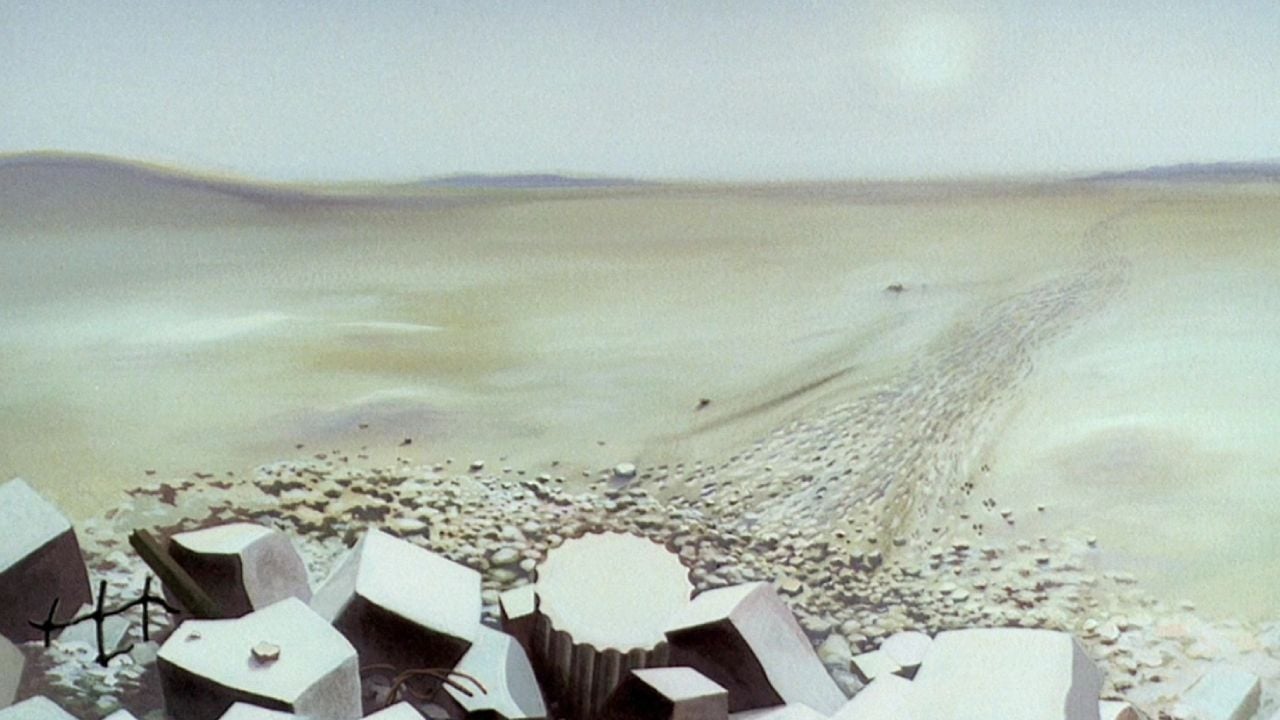On Tuesday morning, the Braskem CPI approved the final work report in which it recommends that Braskem, a vice president and seven other former employees of the company, be prosecuted for crimes against public and environmental property in connection with the sinking of the capital’s capital Alagoas which forced the displacement of thousands of families.
In addition to the indictment against the company, the report names Marcelo de Oliveira Cerqueira, the company’s current vice president of global industrial operations, and seven other former employees of the company.
The ICC does not have the power, on its own, to charge those involved in the case and can only recommend that other bodies bring accountability based on the recommendations made in the report. In practice, there is no obligation for organizations to comply with these recommendations.
Unanimously, the CPI council asks that the defendants answer for crimes against property for having exploited raw materials belonging to the Union in violation of what was permitted and for a series of crimes foreseen by the law on environmental crimes of 1998, such as having caused the pollution that caused the death of fish in Lagoa Mundaú.
The commission’s findings, a 769-page jumble, will be shared with the Federal Court, the Public Ministry and the Attorney General’s Office.
“Such sharing aims to promote civil and criminal liability for detected infringements and to adopt other measures arising from their institutional functions,” reads the CPI report.
The document will also be sent to the Federal Police, the Federal Court of Auditors and the Federal Comptroller General to continue investigations, if deemed relevant.
The report specifies that the elements investigated by the commission “were not sufficient to indicate the occurrence of the crime of active corruption, but this CPI suggests further investigations in order to indicate the occurrence of this crime”.
Braskem could not immediately comment on the matter. Last week the company declared that it was available to the CPI, promptly collaborating on all the information and measures requested and that it remained “at the disposal of the authorities, as it has always been”.
Heard last week by the CPI, Marcelo de Oliveira Cerqueira, who is also Braskem’s executive vice president, said the company assumed civil and environmental responsibility for the damage caused.
Citing a lack of evidence, the commission did not propose the indictment of employees of regulatory bodies or authorities such as the Ministers of Mines and Energy of past administrations, despite the fact that the rock salt extraction activity underground in Maceió took place since the 90s. But he defended more investigations in relation to them.
NEW SYSTEM
CPI rapporteur Senator Rogério Carvalho (PT-SE) defended in a speech on Tuesday the approval of a new governance model for the mining sector in Brazil.
“We can no longer accept that regulatory agencies continue to grant and renew licenses based on data provided only by mining companies, without independent verification. We must anticipate and avoid new Maceiós, new Marianas, new Brumadinhos,” he said.
“The sinking of the ground in Maceió was not due to rain, but was made evident by it. The events in Rio Grande do Sul could have been less serious if public policies of environmental protection and disaster prevention had not been dismantled in State,” he underlined.
Source: Terra
Rose James is a Gossipify movie and series reviewer known for her in-depth analysis and unique perspective on the latest releases. With a background in film studies, she provides engaging and informative reviews, and keeps readers up to date with industry trends and emerging talents.







